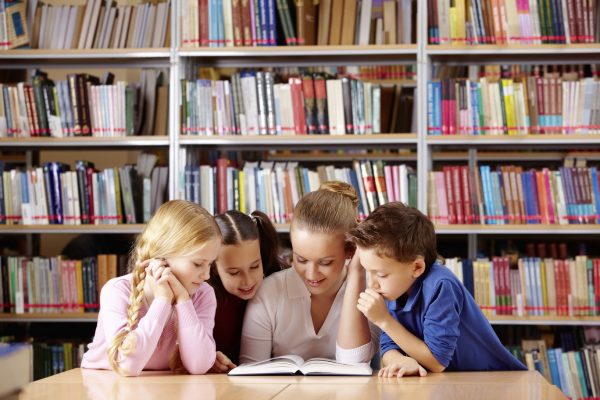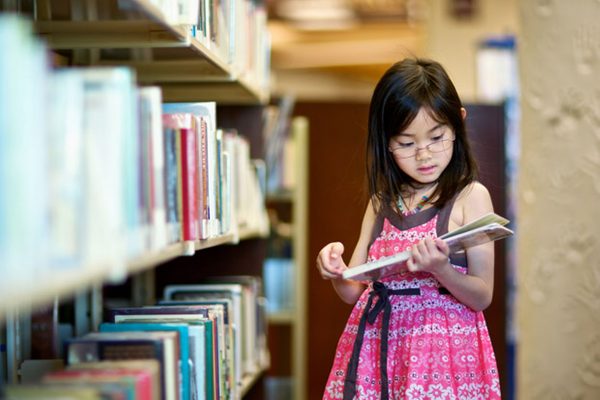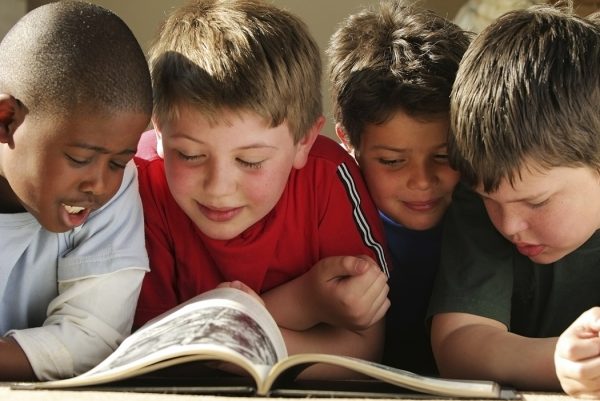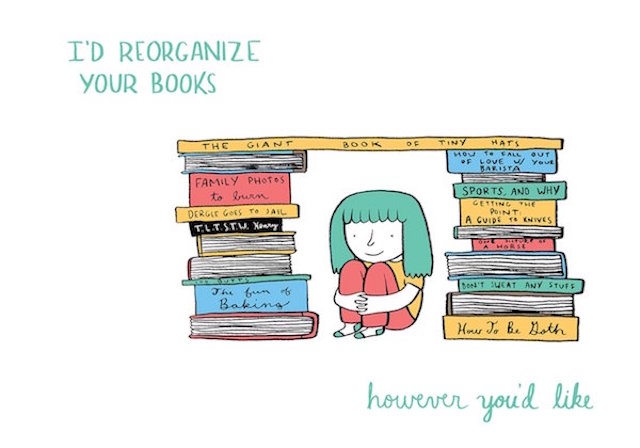Public libraries seem to be having a fine problem. That’s not fine as in good, that’s fine as in the late fees you pay. While the fine may be a great idea in theory, libraries are now having to deal with the consequences. Chief among these consequences are that kids from low income neighborhoods are now finding their library rights revoked. Because these children have a difficult time finding money to pay off the fines, they have a harder time borrowing books. This poses a problem for public libraries trying to get more children to read.

Source: Moyuk
Now, the purpose of the fine is to ensure people return the books they borrow, and can serve as a child’s first lesson in public responsibility. Unfortunately, while the imposition of the fine certainly has a useful purpose, it has been proven to discourage young readers. Since the kids can’t borrow more books if they owe fines, one late book could mean a child is permanently banned from borrowing books.
This disparity only reinforces the notion that books, and by extension knowledge, are reserved for those who can afford it. That is not a message that library directors want to convey.

Source: Everyday Feminism
To remedy the issue, library directors are trying to find creative solutions, including the creation of a program letting kids “read off” fines, and simply waiving the fines. However, fines still provide an important source of revenue for libraries. Without them, it is possible libraries may suddenly find materials going missing.

Source: National Library Board
It appears there is no easy answer to this problem. Ideally, a system could exist where libraries could be funded completely without needing fines. While some directors are searching for other sources of funding to make this happen, this may not be possible for every library.

Source: Takemetothelibrary
The reality is, fines are likely to remain part of the library experience for the time being. In order to encourage kids from poorer neighborhoods to continue reading, libraries should continue trying to find alternatives to fines. If education is supposed to be a the great equalizer that enables poorer families to advance economically, resources like books need to be readily available.
YouTube Channel: WBAL-TV 11 Baltimore
Featured image via Millikin University
h/t New York Times



